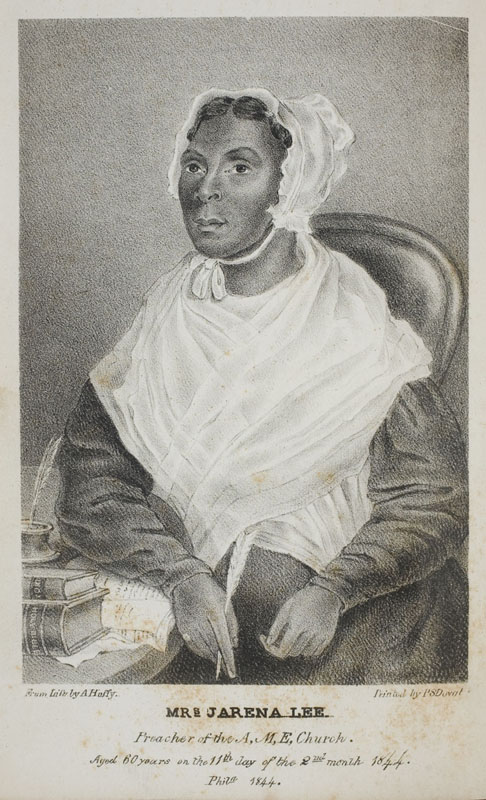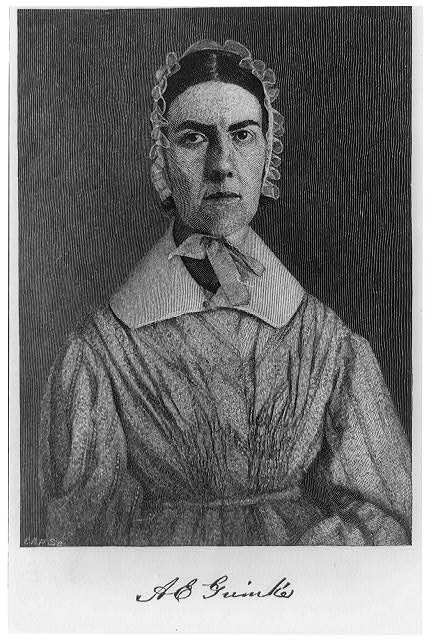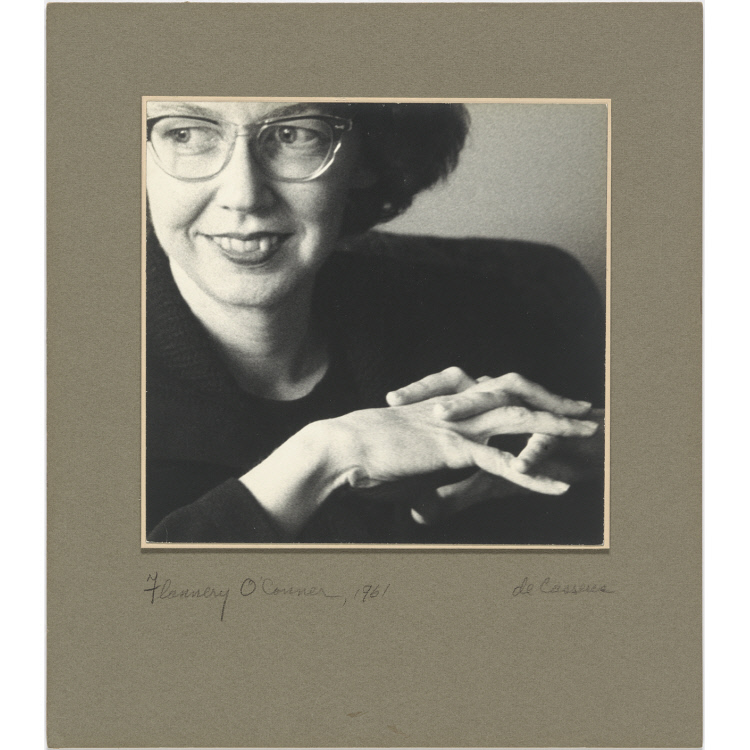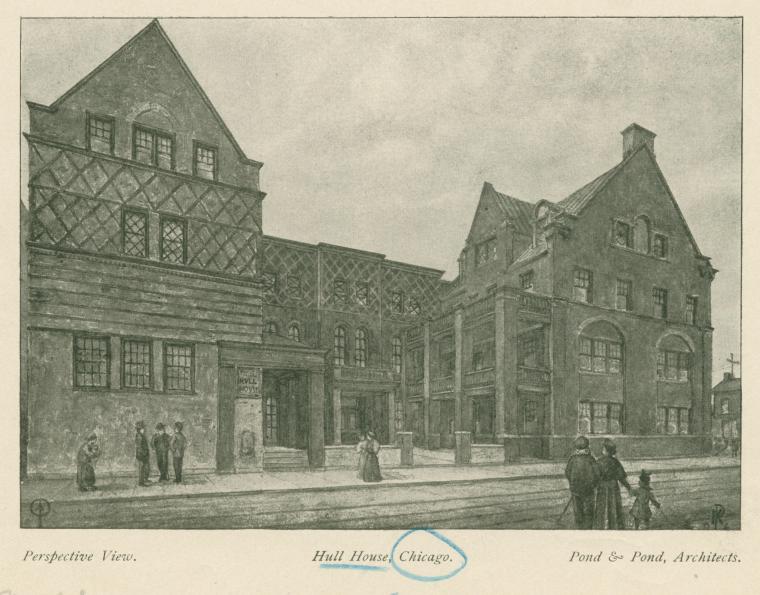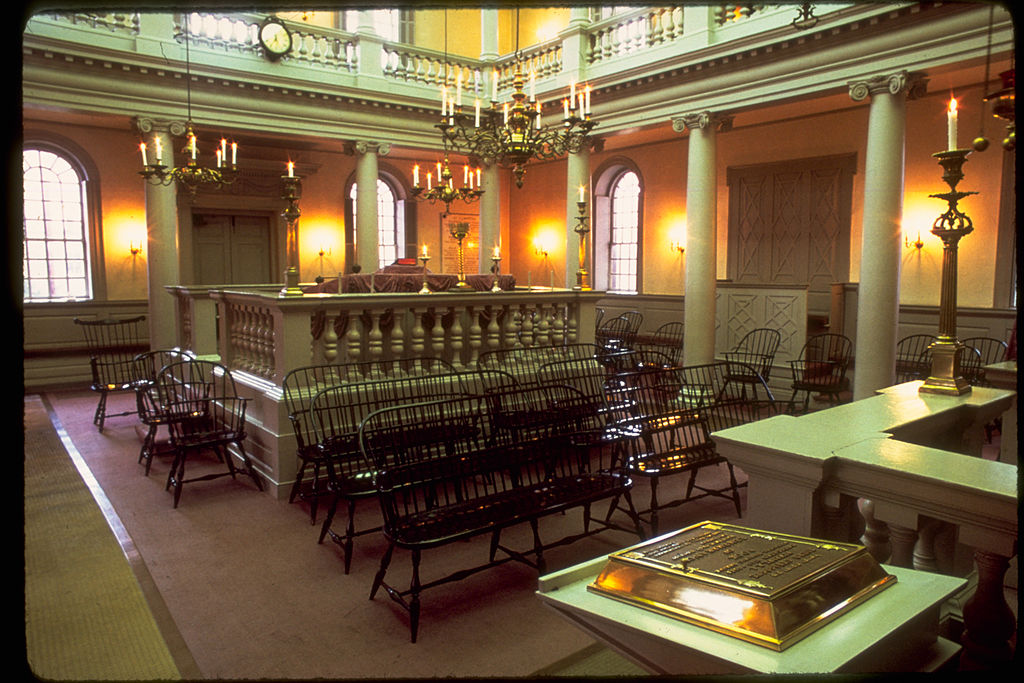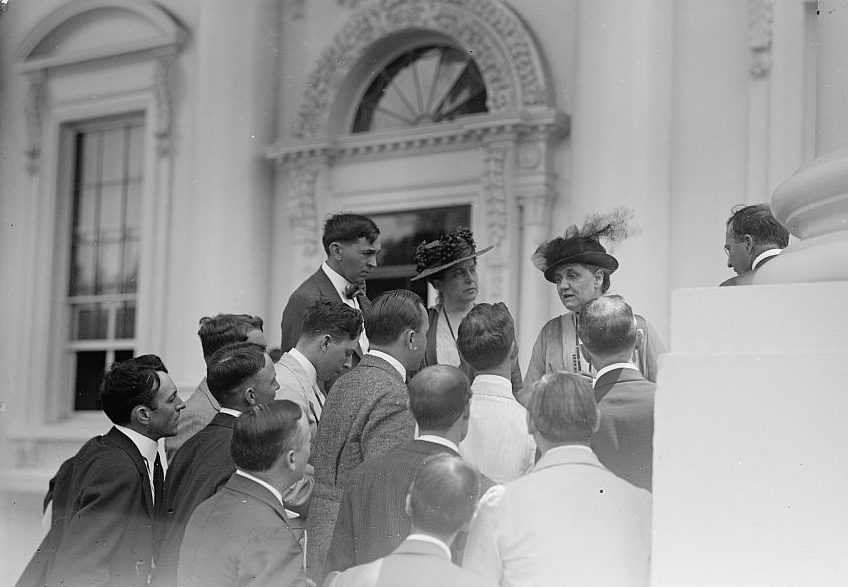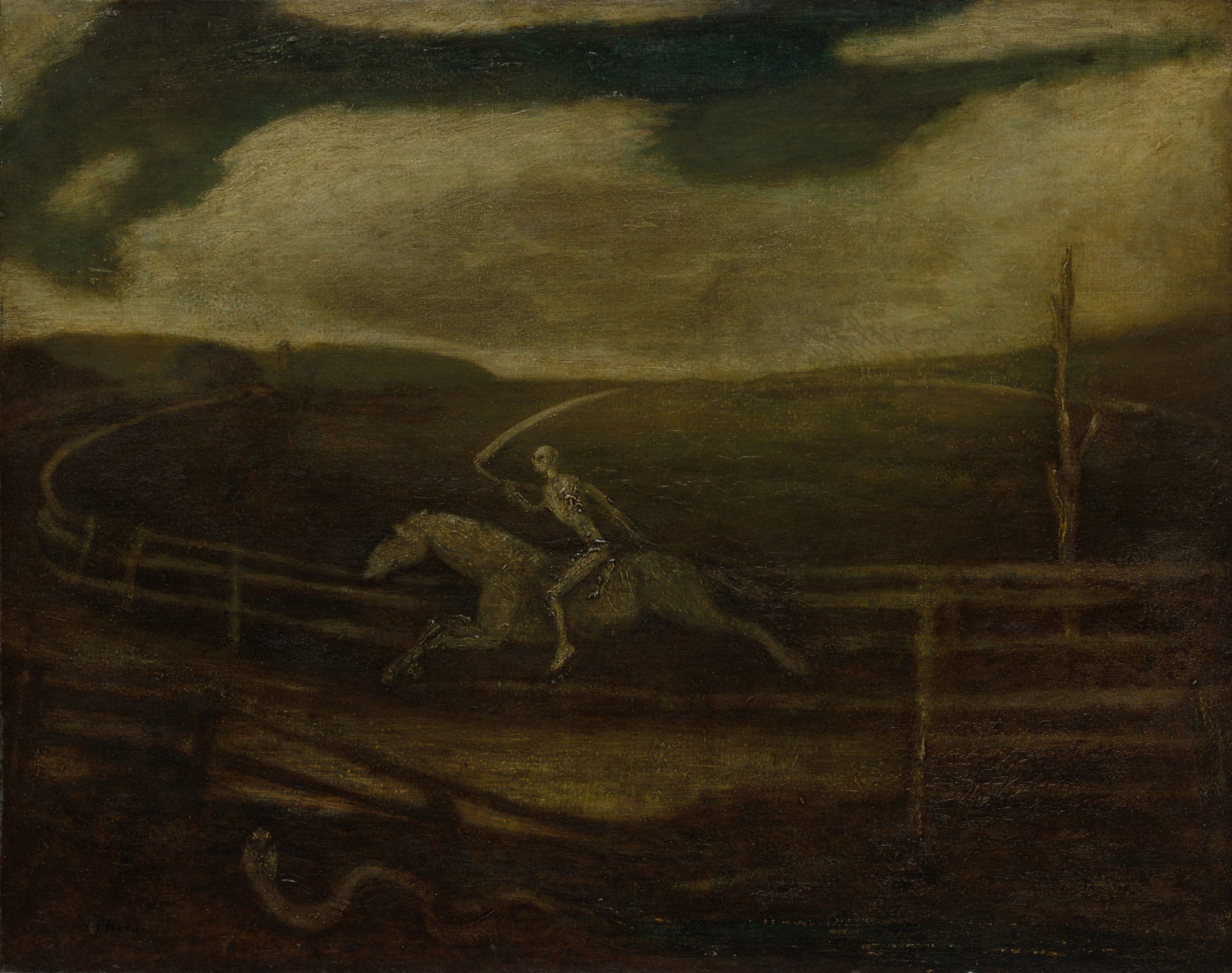The Settlement’s Relation to Religion
Mary Kingsbury Simkhovitch
November 1907
Mary Kingsbury Simkhovitch (1867-1951), co-founded Greenwich House, a social settlement in New York City, with Jacob Riis, Carl Schurz, and Felix Adler in 1902. Their intent was to serve the immigrant population of lower Manhattan.
Introduction
Mary Kingsbury Simkhovitch was both one of the earliest professional scholars of social work as an academic field in the United States and a dedicated practitioner, serving as the Head Resident and Director of Greenwich House in New York City from its founding in 1902 until near the end of her life. She remained in residence at the settlement until her death, but retired from active involvement in its management in 1946.
In this essay, Simkhovitch challenges the claims of “religion” understood as a set of doctrines or creeds to any kind of guiding role in the sort of charitable works associated with the settlement movement. Although shared religious motivations may improve the efficacy and enthusiasm with which such social work is conducted, Simkhovitch argues that their force comes not from any particular theological content, but rather, simply from their shared nature. Because democratic societies allow for a wide variety of divergent opinions but encourage the development of shared experiences between persons of differing opinions, she argues that democracy itself must be “the social settlement’s only creed.” In the experience of living, working, studying, and playing together, she argues that democratic citizens will naturally develop a set of shared beliefs about the type of community they want to inhabit which will serve “not only as a basis for action, but also as a continual inspiration,” equal to (if not surpassing) that of any particular religion traditionally understood. For Simkhovitch, then, the settlement takes the place of traditional religious community, replacing the unifying worship of a transcendent Godhead with the unifying service of ordinary human life.
The Settlement’s Relation to Religion
There exists a general disinclination to discuss the relation of the settlement to religion. This is due primarily to difficulties of definition. There is still no common understanding of the nature of the settlement, and the definitions of religion increase with the years. Where both terms are fluid, the relation between the two may be so variously expressed as to paralyze any hope of coming to a clear statement.
If we think of the settlement as a mission, it is clear we do not regard it as a school, or as a new form of charity. Similarly, if religion be considered a system of duties, it is quite a different thing from the expression of the relation of the individual to God or from the idea of a perfect human society called the kingdom of God. We may find a relation between the settlement and religion if we accept certain definitions, while we may discern no such relation if we employ other definitions. In general, however, we know what we mean by these two terms sufficiently well to express in a rough way the relationship between the two.
The settlement is not a mission, not a school, not a charity, but a group of persons living a common life, learning the meaning of the life by which they are surrounded, interpreting this life to others and acting on what they have learned. And religion in our common thought of it means the framework of life-the outline by which we measure events, that which makes proportion possible, our thought of the whole of things. That which commands the best and the most of us is religion for us. Love, friendship, a hope for a perfect human society, a passion for social justice, a belief in a progressive economic order, a conception of progress in history, the artist’s vision of beauty-all these have a religious element in them as they command us and lead us to follow them or desire them.
Democracy is another word which, like religion, is used in this large inclusive way. Democracy is an expansive term, its political aspects being only one part of its larger meaning. These words, religion and democracy, are then used in the sense of an outline for our deepest thought and desire, and their meaning changes as life and experience, both individual and social, develop. Individuals will have for the most part some such general outline by which their lives are steered. Do groups have the same? May the settlement be said to be religious? That is, does it act with a common motive, is there a common inspiration, a common belief? Or is the settlement a group of individuals, each animated by his own belief and leading his own life unrelated to the others of the group?
In view of the fact that the settlements contain many persons who are identified with religious bodies and many who are indifferent, and some who are opposed to organized religion, one must attempt to see if any characterization such as religious or irreligious be suitable. One might add together the number of all those who are Presbyterians, Unitarians, Methodists or Roman Catholics in the settlements in the United States, but if it should prove that there were 480 Presbyterians as against 390 Methodists, one would hardly say the settlement movement is Presbyterian! One sees at once that any quantitative measure defining the settlement in its relation to basic convictions is quite misleading. Let us rather look at various groups and see what their actual composition is and involves.
Let us examine two forms of homogeneity. We will say that we have a settlement composed entirely of those of one form of religious belief, that all are nominally Presbyterians. But one of these Presbyterians takes his creed historically (that is, does not believe that most of its articles are to be interpreted literally), another is a strictly orthodox believer, another joined the Church as a child and is now totally uninterested in any religious expression. Is there any homogeneity here? There may be, and probably is, but one would not say there was religious likeness, though all called themselves Presbyterians. Yet we might find a Presbyterian group, possibly the very group described, working together, animated by a common belief and having a common aim. Plainly Presbyterianism is not that common element. What is it?
Again we find groups having outwardly every mark of difference in regard to religious or social conviction. We find a group where there are to be found Presbyterians, Roman Catholics, Methodists, Unitarians and persons who are opposed to all forms of religion. Yet we may find this group to be most harmonious and congenial, working together with a common aim and feeling. What is the common life they lead?
Here it may be well to note that there may be and are settlements that are not properly groups at all, but are mere aggregations of individuals. In this case we may have an aggregation of Methodists, Unitarians, Roman Catholics and agnostics, each one of whom does his own special work faithfully, but whose private conviction leads him to feel little in common with the rest. A similar aggregation may exist where there are varying kinds social convictions. Such aggregations may find a common of work, a kind of entente cordiale, that is, there may be pleasantness but no unity. Or, on the other hand, through common experience, a real fusion and community may be developed. In any we cannot fail to observe that there can be no profound group conviction or belief that has not been wrought out through experience. Group beliefs are slow in forming and are held tenaciously. It is this that makes the conservatism of democracy.
We see a striking example of group belief in the Church. There we have creeds which would seem to be the test of belief. But, as in the case of those groups which we examined and found to be homogeneous in only a skin-deep fashion, so in the case of the Church, where there is a real belief in common, it is likely to be not the creed professed, but a kind of sub rosa creed, the beliefs wrought out in human experience, which, having been put to common test, have been discovered to be true. Thus it is that real creeds are the product of life itself, and churches must test revelation by life and not life by revelation. Undigested lumps of belief cannot be held by groups. They only appear thus to be held. We cannot fail to see how common convictions arise. They appear the result of common experience.
The Church often maintains that its social work has an advantage over secular social work through its singleness of purpose. The advantages of group homogeneity are not to be denied. But the claim to this advantage is often made by those very groups which are only apparently like-minded. Thus a group of people all confessing the same faith may claim superiority in being able, by means of a common point of view, to work more effectively and with least waste. But if it is true, as we have indicated, that group beliefs are wrought out in life alone, then we can readily perceive that the apparent homogeneity of sectarianism is often less real than the actual community of a group with far greater outward differences-that, in fact, the ordinary earmarks of likeness fail to indicate the underlying unities.
But a real unity there must be, otherwise no group can be effective as such, though there may be effective members of the group. To make the work of the group of permanent value that unity must be preserved. There is a sense in which the more varied the individual characteristics, and the deeper the fundamental unity, the more dangerous is the element that fails to solve. The unsolvable lump must be dislodged. The only kind of heretic, then, is he who contravenes the deepest life of the group, and such social heresy must be rooted out. Before stating the nature of that common conviction which the social group works out for itself, we may note first that in this discussion of a common motive or belief we have considered “belief” either in its religious or in its social aspect. By would indicate that we are searching for the deepest thought life as a whole that is developed by the group. This conviction, as has been noted, may take a religious or social form, or either may involve the other. Secondly, it is necessary to admit many pseudo-convictions arise based not on experience but tact with strong personalities or by the simple process of imitation. Thus, in any group where there is a dominant personality any point of view very positively, the weaker members of the will fall in line, and an apparent community will be brought which is in reality the conviction of one member alone. groups are thus often infected or inspired to their detriment advantage, as the. case may be. Such group beliefs are not to be classed as convictions.
The common creed of the settlement which constitutes its motive power is its faith in democracy as a political system and its serious attempt to realize democracy in social and industrial life. The testimony of the settlements is unanimous on this point, that whatever may be the original bias of the settlement resident, life in contact with the struggles of the working class creates lasting sympathy with the aspirations and desires of one’s neighbors. The hard conditions under which so large a part of our population live and work will seem unnatural and unbearable when seen day by day, and there arises a determination to do away with such conditions, whatever the difficulties in the path. The settlements whose early leaders were inspired by democratic ideals, thus by their very nature produce democrats. The dominant note of settlement is, therefore, democracy, and a failure to feel in unison with this point of view is the only kind of heresy for which the settlement can find no place.
What democracy involves, either in the field of religious or social conviction, is a question by itself, and not under discussion here. To many democracy means a brotherhood of man involving another relationship with the universe as a whole called religion. With others democracy may mean only a fuller and richer appreciation of human society and what it may become. Thus democracy is an inclusive term, and in the settlements, although we find greatest possible diversity of religious and social opinion, with this passion for democracy there is a common life, sufficient not only as a basis for action, but also as a continual inspiration.
Dissatisfaction with this common ground of democracy as sufficient motive will come, and does come, both from many religious people and from many who profess a politico-social creed. Neither class will be satisfied till their point of view is actively held others, and will not feel in sympathy with what they regard outside their deepest life. On the other hand, both will perceive, as they come closer to the actual life of the settlements, that, whatever their many defects in efficiency may be, they nevertheless the very fruitful nurseries of faith in the only sense in which word can have any permanent meaning either in religion or society.
With democracy as the social settlement’s only creed, the questions as to the desirability of a religious or social propaganda come into focus. The questions really mean not what their face value would seem to indicate, but rather this: “Do you in some way give open expression to your deepest common convictions?” As we have seen that the deepest common conviction of the settlement is not technically religious or socially creedal, but rather a somewhat intellectually vague but emotionally profound social democracy, it therefore cannot be primarily the function of the settlement to hold religious services or to maintain any kind of propaganda. But in some way to express freely and openly their conviction of the absolute necessity for a social as well as a political democracy is incumbent upon the settlements. The form that this expression takes is immaterial.
Finally, it may be asked, is it not conceivable that the settlement group may also have other convictions in common beside that of a belief in and work for social democracy? Is it not conceivable that all the members should be single taxers or Baptists? Certainly, just as all might be interested in trade schools, or boys’ clubs. To such groups no free expression ought to be denied. The practicability and desirability of such expression will depend upon local circumstances. The only law to be observed is this-never to contravene the deepest common conviction worked out by the group. This is the test by which the acts of a given settlement must be measured.
This common belief of the settlements in democracy, this religious belief in the largest sense, is beginning to result in common program, involving the abolition of poverty, an increased consumption on the part of the working classes, an increased physical efficiency, and a new education fitted for the changed social order.
Certain social critics may regard the work of the settlements as “palliative,” as “puttering,” but no apology need be offered for the many settlement groups now existing in all the large cities of the United States, in so far as they are faithfully interpreting the lives of the working classes and are protesting vigorously against the evil conditions of their life and work.
Nor need apology be made for the co-operation of the settlements with various remedial agencies that are pursuing a constructive program leading to a socialized democracy. Rather should regret be expressed that many of the critics of the settlement are themselves holding aloof from the common task. As for the religionist who does not find religion in the settlement, limited indeed is his view of the actual nature of religion. The only critic the settlement should seriously regard is he who asks for proofs, not of common inspiration or belief, but of efficiency and social utility.
Citation
The Annals of the American Academy of Political and Social Science, Vol. 30, Social Work of the Church (Nov., 1907), pp. 62-67.
